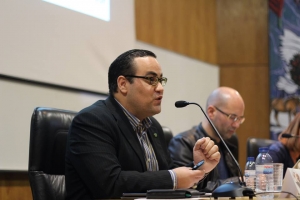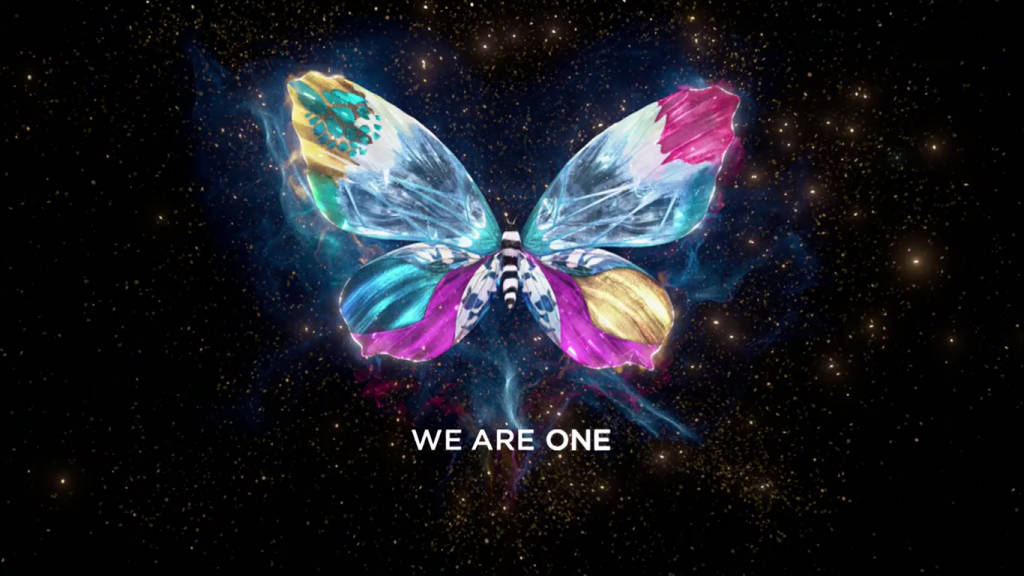Eurovision, with a global reach of more than 500 million viewers per year, is not only one of the oldest International Song Contest, but also one of the most popular. Curiously, Eurovision is not just about pop-music, glam, and media euphoria; it is also a great means to understanding the politics of the European Union.
The fundamentals of the Eurovision Song Contest are simple; each country can present an entry in a maximum of 3 minutes; each country’s population may vote for other entries but not their own; the voting system goes from 1 to 12 points. Equality is the basis of the Eurovision Song Contest, just as it is the core pillar of the European Union.
Equality, however, does not mean that all countries compete with the samerules, either at the Eurovision Song Contest or with the European Union. At Eurovision, there is a group of countries, the so called Big Five (France, Germany, Italy, Spain and the United Kingdom), that have ensured access to the Grand Final. With the European Union, there is also a consideration for bigger economies, whereby their interests are safeguarded with exceptions and exit clauses on more controversial treaties and communitarian laws.
Enlargement Pains
The Eurovision Song Contest stretched its borders to the East prior to the European Union; as a result, they are now suffering from ‘enlargement pains’. In 2008, Eurovision started a two semi-final system in an attempt to please all its members. At the European Union, there was also a necessity to create an Eastern Partnership (2009) to cool down accession to full membership.
The expansion to the East, to countries of the post-soviet realm, has produced some deception between Western entrants of the Eurovision Song Contest. The rates of the show in countries like Portugal, Spain, France and the UK have been falling year after year. At the same pace, the degree of Euro-skepticism towards the European Union is growing on Western countries faster than on post-soviet countries.
Turkey and Azerbaijan Awkwardness
This expansion has reshaped the frontiers of the Eurovision Song Contest; now, the Eurovision Broadcasting Union, the organization that manages the event, continues to ponder about the viability of applications from Kosovo, Kazakhstan, Morocco, and Tunisia. At the European Union, it is Turkey that has become the biggest puzzle to European Union politicians and technocrats. Will Turkey be an eternal candidate, or will it be considered a special partner? Or rather, will it ascend (eventually!) to a full membership status?
The expansion out East has allowed, in 2011, for the Eurovision Song Contest to be organized by Azerbaijan in Baku despite several experts and analysts considerations that this non-democratic regime has the incapacity to deal with pluralism, criticism, and openness.
The European Union also has a strange relationship with Azerbaijan. On one side, Brussels criticizes Baku by its authoritarian style; but on the other side, Brussels signed a project with Baku (the Nabucco Project) in order to ensure diversification of energy suppliers. It has even recognized Baku as the first venue for the European Games that are to be organized in 2015.
In the last few years, the Eurovision Song Contest has been highly criticized by the loss of musical quality and the focus on youth, beauty, glamour, and visual effects. Nevertheless, the show continues to appeal to large audiences, not only from the competing countries, but also to other areas like Maghreb, the Middle East, and even Australia.
Is Eurovision Still Succeeding?
The Eurovision Union is also under heavy criticism, especially after the way it had dealt with Greece’s debt-crisis in 2009. The austerity measures imposed on Greece, Ireland, Portugal, Cyprus, Spain, France, Italy, Romania and the Czech Republic has as a result damaged the image of the European Union as a space of solidarity, fairness and equality. Even so, the European Union continues to be presented as the most successful transnational multilevel organization across the globe, having even won a Nobel Prize in 2012.
It is clear that the Eurovision Song Contest and its twin sister, lady European Union, both need to rethink what they really are. What do these sisters want to be, and how will they be it? These are important questions; after all, one day the visual effects and the media-buzz will not be enough, and then it will be too late to transform both sisters.



